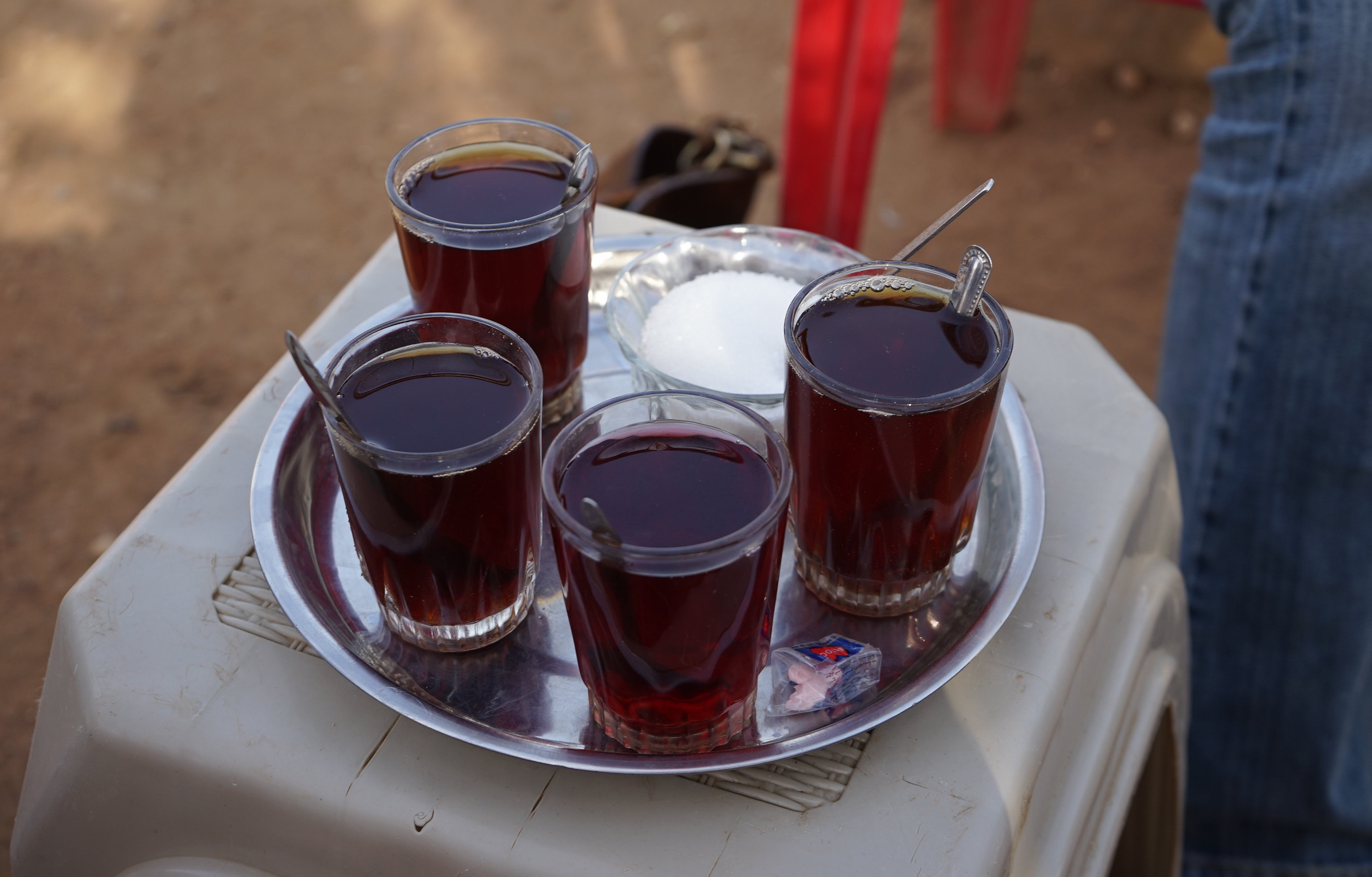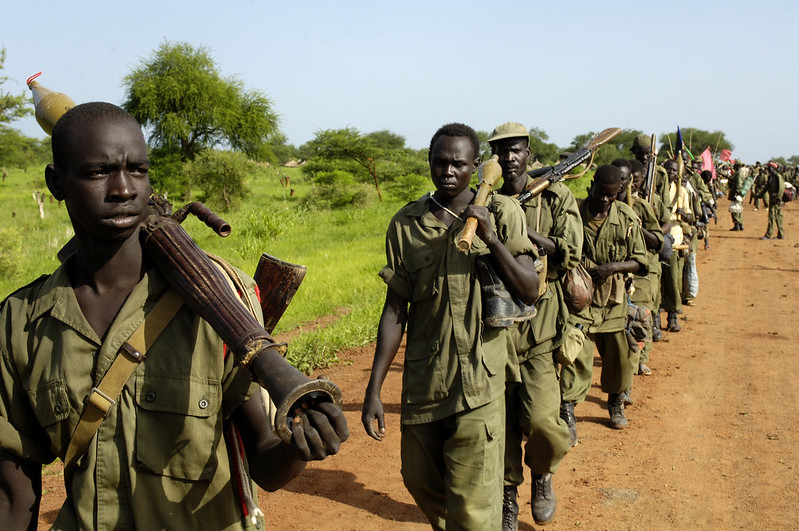Unlike other regional bodies, the Intergovernmental Authority on Development places a premium on the sovereignty of its members. But when things go wrong, as they are doing in Sudan, that impedes the organisation’s ability to mediate, writes Abubakar Abubakar Usman.
Since April 2023, Sudan has been embroiled in a devastating civil war, sparked by a fallout between the country’s two leading military figures, Abdel Fattah al-Burhan and Mohamed Hamdan Dagalo. This conflict has become one of Africa’s deadliest. The fighting has claimed over 15,000 lives, left twice as many individuals injured, and nearly seven million people internally displaced.
Despite the involvement of multinational actors striving to broker peace in Sudan, a pressing question looms large: why has the Intergovernmental Authority on Development (IGAD), the regional body responsible for fostering peace and stability in the region, failed to lead an effective peace initiative in one of its member states? While IGAD has been actively engaged in mediating between the warring factions since the conflict’s onset, the recent decision by the Sudanese government, led by the Chairman of the Transitional Sovereignty Council Abdel Fattah al-Burhan, to suspend its IGAD membership in January has complicated the already arduous peace process, and may have long-term implications for the governance of IGAD.
The principles outlined in the Agreement Establishing the Inter-Governmental Authority on Development underscores the significance of sovereignty-related principles, which directly influence IGAD’s capabilities in navigating Sudan’s civil war. Three of the principles are particularly relevant here:
- Sovereign equality of all Member States;
- Non-interference in the internal affairs of Member States;
- Peaceful resolution of inter- and intra-state conflicts through dialogue.
The adherence to principles safeguarding member states’ autonomy, while crucial for upholding sovereignty within IGAD, presents challenges to the organisation’s ability to intervene effectively in Sudan’s conflict. The delicate balance between respecting sovereignty and fostering regional peace illuminates the intricate nature of African regionalism and the obstacles faced by regional bodies in addressing internal strife.
IGAD’s commitment to member states’ sovereignty was tested by Sudan’s recent suspension of its IGAD membership. This occurred after IGAD invited Mohamed Hamdan “Hemedti” Dagalo, Head of the Rapid Support Forces (RSF), to attend its 42nd Extraordinary Summit held in Kampala, Uganda, which Sudan deemed a violation of its sovereignty. Consequently, Sudan’s membership withdrawal has severely constrained IGAD’s capacity to mediate the Sudanese crisis, despite conflict resolution being a core aspect of its mandate.
This sovereignty-centric approach within IGAD contrasts starkly with the modus operandi of other regional organisations, notably the Economic Community of West African States (ECOWAS). Unlike IGAD, ECOWAS members have historically been willing to cede a significant portion of their individual sovereignty in pursuit of collective interests. This collective action has enabled ECOWAS to intervene militarily and implement more effective conflict resolution mechanisms in instances such as Liberia, Sierra Leone, and Ivory Coast.
The approach to sovereignty embraced by IGAD will continue to resonate throughout the region, which grapples with some of the highest levels of intra- and inter-state conflicts. It underscores the enduring challenges facing the region, both historically and presently, in effectively resolving conflicts. While IGAD prioritises sovereignty, autonomy, and non-interference, ECOWAS emphasises interdependence, solidarity, and collective self-reliance. These divergent approaches represent conscious choices made by the two regional organisations and dictate the nature of their interventions, whether authoritative or soft.
Given Africa’s susceptibility to violent conflicts, perhaps IGAD and similar regional organisations should consider adopting ECOWAS’s approach to members’ sovereignty, which Brooke N. Coe argued in her book Sovereignty in the South: Intrusive Regionalism in Africa, Latin America, and Southeast Asia is intrusive and invasive. However, rather than allowing individual actors to engage in power struggles that result in loss of life, property, and immense human suffering, sacrificing aspects of sovereignty for the protection of human lives and property can be preferable.
Changing the approach to members’ sovereignty in the regional context may not be straightforward due to the historical contexts that shaped the current states in the IGAD region. The region is ethnically diverse, much like other parts of Africa, and except for Ethiopia, all IGAD member states were products of colonialism. The region has experienced both successful secessions and ongoing secession attempts, such as Sudan’s division into two nations and ongoing tensions in Somalia, potentially leading to its fragmentation into three independent countries, including Somaliland and Puntland.
This level of political fragility and vulnerability to conflict suggests a low level of trust among political actors across the region, making it challenging for IGAD members to reconsider their sovereignty in a regional context. The consequence, as evidenced in Sudan’s case, is a lack of authoritative regional intervention or mediation capable of mitigating the increasing loss of life and devastating destruction of property.
Photo credit: IGAD





